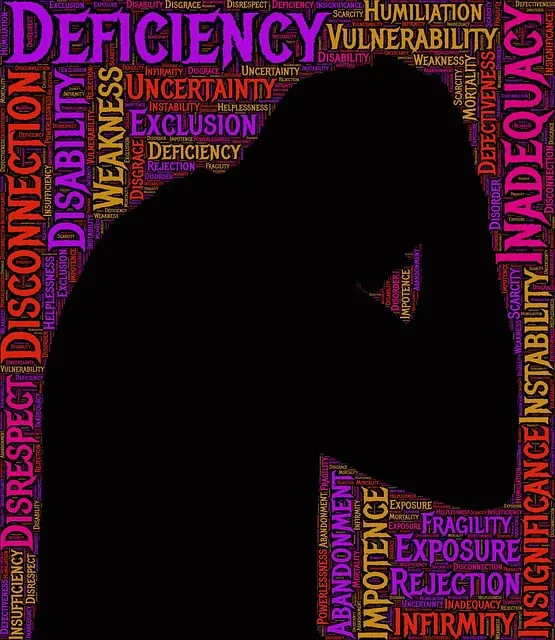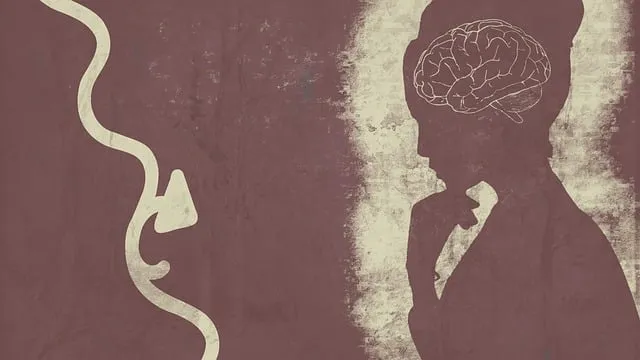Parker Kaiser Permanente mental health services promote coping skills through mindfulness meditation and evidence-based practices like CBT. They offer diverse programs for stress management, trauma recovery, and emotional intelligence development. By identifying triggers, cultivating present-moment awareness, and engaging in physical activity, individuals build resilience, enhance well-being, and reduce burnout, contributing to a healthier community.
In today’s fast-paced world, developing robust coping skills is essential for maintaining optimal mental well-being. Understanding and cultivating effective strategies can significantly enhance our ability to navigate life’s challenges. This article explores key aspects of coping skills development, including insights from Parker Kaiser Permanente, a leading provider of mental health resources. We’ll delve into identifying triggers, building resilience, and adopting mindfulness techniques that empower individuals to flourish in the face of adversity.
- Understanding Coping Skills: A Foundation for Mental Well-being
- Parker Kaiser Permanente: Resources for Effective Coping Strategies
- Identifying Triggers and Building Resilience in Daily Life
- Mindfulness Techniques to Enhance Coping Abilities
Understanding Coping Skills: A Foundation for Mental Well-being

Coping skills are essential for maintaining mental well-being, as advocated by experts at Parker Kaiser Permanente mental health services. Understanding and developing effective coping strategies can significantly enhance one’s ability to navigate life’s challenges. These skills empower individuals to manage stress, regulate emotions, and promote overall resilience. By learning to cope healthily, people can prevent burnout and foster a sense of inner strength and stability.
Mindfulness meditation is an evidence-based practice that forms a cornerstone in building coping skills. It encourages individuals to stay present, cultivating awareness of thoughts and sensations without judgment. This simple yet powerful technique boosts confidence in managing difficult situations, reducing the impact of stress and anxiety. By integrating mindfulness into daily routines, folks can enhance their emotional intelligence and better handle life’s ups and downs, ultimately contributing to improved mental health.
Parker Kaiser Permanente: Resources for Effective Coping Strategies

Parker Kaiser Permanente offers a comprehensive suite of resources dedicated to empowering individuals with effective coping strategies. Their mental health services encompass a wide range of programs designed to support overall well-being. One notable aspect is their focus on evidence-based practices, ensuring that patients receive the most up-to-date and proven therapeutic interventions. The organization provides various tools and workshops, catering to different needs, from stress management and mindfulness techniques to more specialized programs for trauma recovery.
Through these initiatives, Parker Kaiser Permanente aims to enhance public awareness campaigns related to mental health, promoting open discussions and reducing stigma. Their resources also include risk assessment tools that assist mental health professionals in identifying and supporting individuals at risk. This holistic approach ensures that people have access to the necessary support systems, fostering a healthier and more resilient community.
Identifying Triggers and Building Resilience in Daily Life

Identifying triggers is a crucial step in developing coping skills and building resilience. This involves becoming aware of situations, people, or thoughts that often lead to negative emotional responses. By understanding these triggers, individuals can proactively manage their reactions. For instance, someone struggling with anxiety might realize that crowded places are common triggers. From there, they can employ strategies like deep breathing exercises or mindfulness meditation to help regulate their emotions when faced with such situations.
Parker Kaiser Permanente emphasizes the importance of emotional intelligence and emotional regulation in coping skill development. Emotional intelligence allows individuals to recognize and understand their emotions and those of others, facilitating better decision-making and problem-solving. Effective mood management techniques, such as cognitive behavioral therapy (CBT) or engaging in regular physical activity, can also enhance resilience. These tools empower people to navigate life’s challenges with more stability and adaptability.
Mindfulness Techniques to Enhance Coping Abilities

Mindfulness techniques have emerged as powerful tools for enhancing coping abilities, a focus that resonates with Parker Kaiser Permanente’s commitment to mental health initiatives. These practices encourage individuals to cultivate present-moment awareness, enabling them to navigate life’s challenges with greater composure. By integrating mindfulness into daily routines, individuals can develop a deeper understanding of their thoughts and emotions, fostering resilience in the face of stress, anxiety, or difficult situations.
Healthcare Provider Cultural Competency Training, Mental Health Education Programs Design, and Mental Health Policy Analysis and Advocacy all benefit from incorporating mindfulness techniques. These practices promote not just individual coping skills but also contribute to a more holistic understanding of mental well-being within communities. Mindfulness becomes a bridge that connects healthcare providers, educators, and policymakers in their efforts to create supportive environments where individuals can thrive with enhanced coping abilities.
In conclusion, developing robust coping skills is a cornerstone of maintaining good mental health. By understanding the importance of these skills, utilizing resources like those offered by Parker Kaiser Permanente, and integrating strategies such as trigger identification and mindfulness practices into daily routines, individuals can significantly enhance their resilience and overall well-being. Incorporating these techniques enables better navigation through life’s challenges, fostering a more balanced and fulfilling mental state.






